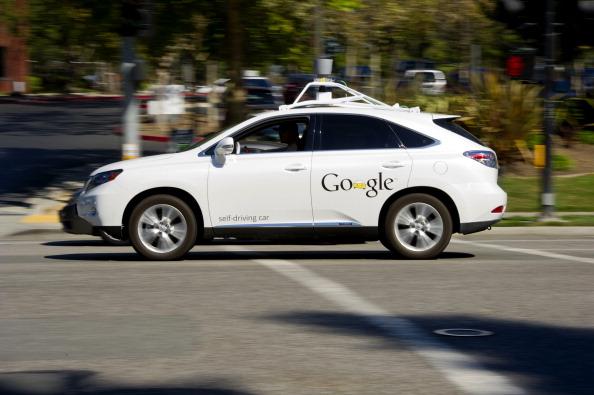Google has been publicly testing self-driving cars in its backyard for a few years, but it was only last week that the world found out the company had quietly spun off a separate company, Google Auto, to oversee its car-related ventures.
Citing documents obtained through a Public Records Act request, the Guardian reported on Aug. 1 that Google Auto LLC was created in late 2011.
The company was established as a limited liability company, the report says, likely to protect the parent from liability in its risky new endeavor: If Google test vehicles get into accidents, the legal separation makes it more difficult for a plaintiff to go after Google’s assets in court.
The issue of liability—whether it lies with the individual car owner or the self-driving software maker—is a major question facing the auto insurance industry in a future where autonomous vehicles (AVs) are expected to become the norm.
The question probably won’t be answered until it’s tested in the courts.
The other looming question, however, is how the industry will weather the expected massive loss in revenue as insurance claims decline.
Coming Decline
One of the main selling features of AVs is lower accident risk. Thus, experts agree that the number of car accidents should drastically decline as driver error is removed from the equation. And as accidents decline, so will the need for auto insurance.
The U.S. auto insurance industry collected more than $200 billion in premiums in 2012. Of that, 87 percent went to personal insurance plans, and 13 percent to commercial ones.
A report published in June by KPMG, one of the world’s largest auditing firms, in conjunction with the Center for Automotive Research (CAR), predicts that as a result of AVs, the rate of auto accidents will fall 80 percent by 2040, and that car insurance will in turn shrink, although not in perfect proportion.





